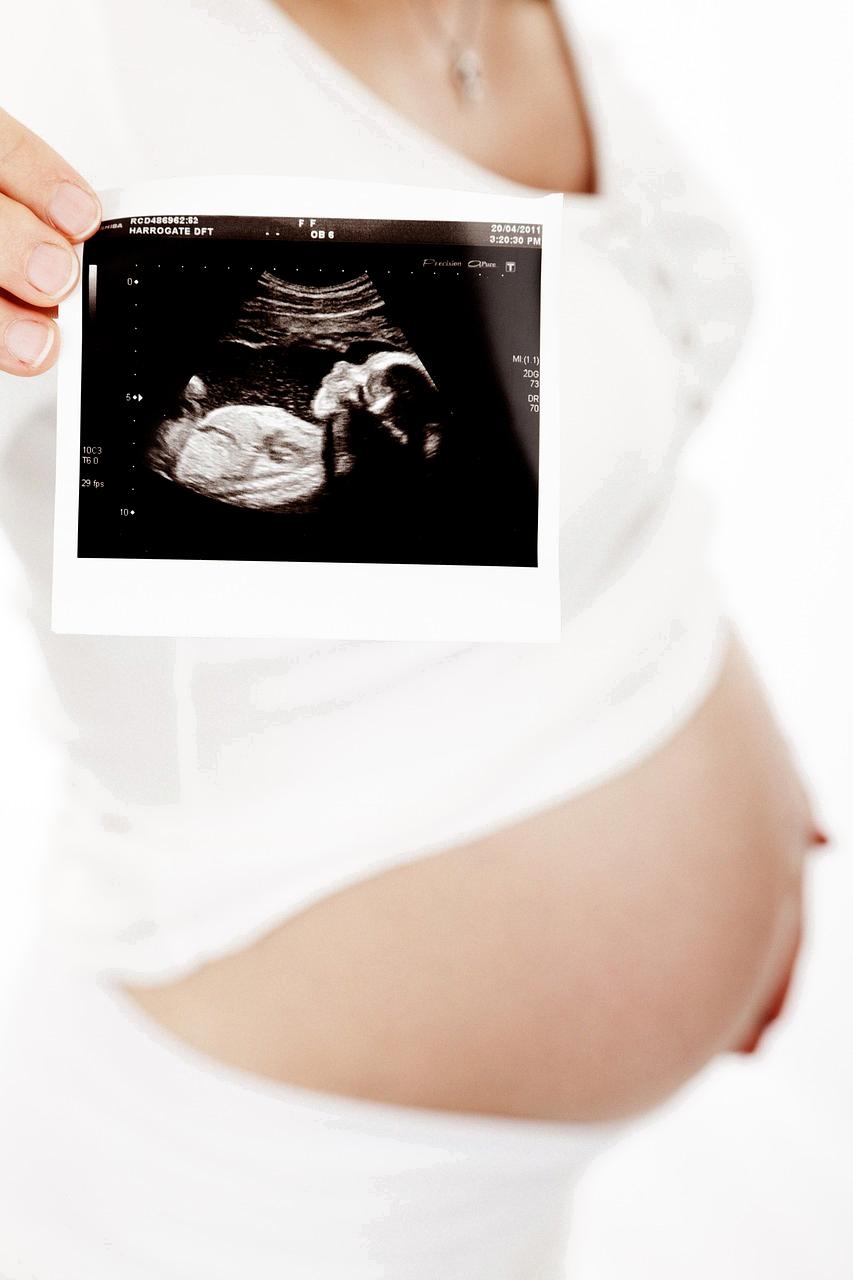Embarking on a cruise is an exciting and unforgettable experience for many individuals, offering a chance to explore various destinations while enjoying luxurious amenities on board. However, for expectant mothers, particularly those who are 24 weeks pregnant or beyond, there are specific restrictions and guidelines in place that prevent them from participating in cruise travel.
One of the primary reasons why women who are 24 weeks pregnant or further along are advised against going on a cruise is related to the limitations of medical care available on board the ship. While modern cruise ships may have medical facilities and staff trained to handle basic medical issues, they are not equipped to provide comprehensive obstetric care for expectant mothers, especially in the case of complications that may arise during pregnancy.
Considering the potential risks and challenges associated with pregnancy, cruise lines have established policies to safeguard the well-being of both the expectant mother and the unborn child. By restricting travel for women after the 24th week of pregnancy, cruise companies aim to mitigate any potential medical emergencies that could occur while at sea, where access to advanced medical facilities and specialists may be limited or unavailable.
Furthermore, the decision to prevent women who are 24 weeks pregnant or more from going on a cruise is also influenced by the varying regulations and restrictions imposed by different countries and ports of call along the cruise itinerary. Some destinations may have specific laws or requirements regarding pregnant travelers, including restrictions on entry or limitations on the medical care that can be provided to expectant mothers.
It is essential for pregnant women to prioritize their health and well-being, as well as that of their unborn child, during this crucial period of gestation. The physical demands of travel, including prolonged periods of standing, walking, or potential exposure to contagious illnesses on a cruise ship, can pose risks to the health of both the mother and the baby, particularly as the pregnancy progresses beyond 24 weeks.
Additionally, the potential for motion sickness, discomfort from changes in altitude or atmospheric pressure, and the limited availability of specialized medical care tailored to handle obstetric emergencies further underscore the importance of adhering to the guidelines set forth by cruise lines regarding pregnant passengers.
While the decision to restrict travel for expectant mothers after the 24th week of pregnancy may seem restrictive or inconvenient, it is ultimately rooted in a concern for the safety and well-being of pregnant individuals and their unborn children. By adhering to these guidelines and recommendations, women can help minimize the potential risks and challenges associated with traveling on a cruise during a later stage of pregnancy.
For expectant mothers who are considering embarking on a cruise, it is essential to consult with their healthcare provider before making any travel arrangements, especially as the pregnancy progresses beyond the 24th week. Healthcare professionals can provide valuable guidance and recommendations based on an individual’s specific medical history, pregnancy-related concerns, and overall health status to ensure a safe and healthy pregnancy journey.
Ultimately, the decision to prevent women who are 24 weeks pregnant or more from going on a cruise is made with the intention of safeguarding the health and well-being of both the expectant mother and the unborn child. By prioritizing safety and following the guidelines set forth by cruise lines, pregnant individuals can make informed choices that promote a healthy and risk-free pregnancy experience.
In conclusion, while the excitement of cruise travel may be enticing for many individuals, it is crucial for expectant mothers to prioritize their health and safety, particularly as their pregnancy progresses beyond the 24th week. By adhering to the restrictions and guidelines in place, pregnant individuals can ensure a smooth and worry-free pregnancy journey, focusing on the well-being of themselves and their unborn child above all else.

